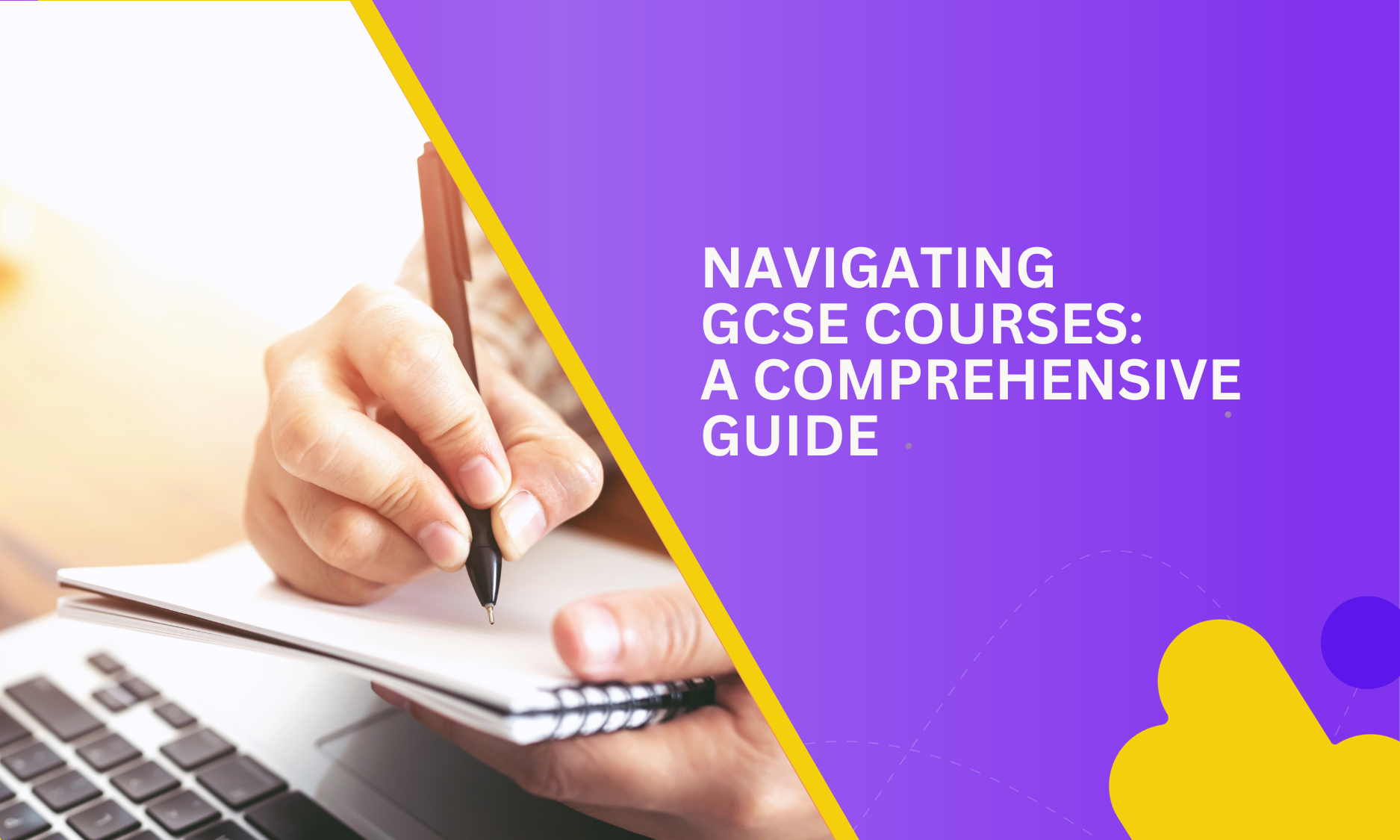The General Certificate of Secondary Education, commonly known as GCSE, is a pivotal point in a student’s educational journey. These qualifications, typically taken in the UK during Year 10 and Year 11 (ages 14-16), serve as a foundation for future academic pursuits and career aspirations. In this article, we’ll explore everything you need to know about GCSE courses, from understanding their importance to tips on succeeding in them.
GCSEs play a crucial role in a student’s life for several reasons:
1. Gateway to Further Education: GCSEs are often a prerequisite for pursuing advanced qualifications such as A-levels, IB (International Baccalaureate), or vocational courses. They lay the foundation for higher education.
2. Employability: Many employers require a minimum of GCSE qualifications for entry-level positions. Strong GCSE results can open doors to various job opportunities.
3. Personal Development: Preparing for GCSEs teaches valuable life skills, such as time management, critical thinking, and effective study habits, which are transferable to future endeavors.
Selecting GCSE Subjects. Here are some factors to consider:
1. Interests and Passions: Opt for subjects you enjoy and have an interest in. This will make studying more engaging and potentially lead to better results.
2. Career Goals: If you have a specific career path in mind, research which subjects are relevant. For example, aspiring scientists should consider taking sciences, while future historians might lean towards humanities.
3. Balance: Strive for a balanced combination of subjects. Mixing sciences with arts or languages can offer a diverse skill set and open up various future possibilities.
4. Consultation: Seek advice from teachers, parents, and career counselors. They can provide valuable insights based on your strengths and goals.
Study Strategies
Effective study strategies are essential for GCSE success:
1. Create a Study Schedule: Plan your study time well in advance. Allocate specific time slots for each subject, and stick to the schedule.
2. Resources: Utilize textbooks, online resources, and revision guides. Don’t hesitate to ask teachers for help when needed.
3. Practice Past Papers: Familiarize yourself with past exam papers. This helps you understand the format and types of questions that may appear.
4. Study Groups: Join or form study groups with peers. Collaborative learning can provide different perspectives and enhance your understanding of the material.
5. Mindfulness and Well-being: Don’t neglect your mental and physical health. Regular breaks, exercise, and a balanced diet contribute to better concentration and performance.
After the exams, results day arrives. Regardless of the outcome, remember that GCSEs are just one part of your journey. If results aren’t as expected, there are alternative paths to achieve your goals, such as retaking exams or exploring vocational qualifications.
GCSE courses are a pivotal stage in your academic journey, providing you with a strong foundation for future endeavors. By choosing your subjects wisely, adopting effective study strategies, and maintaining a positive mindset, you can make the most of this crucial phase in your education. Remember that success is not solely determined by your GCSE results but by your determination, resilience, and passion for learning. Embrace the challenge, and your GCSE journey will be a stepping stone toward a bright and promising future.












